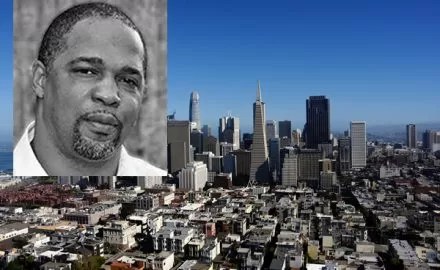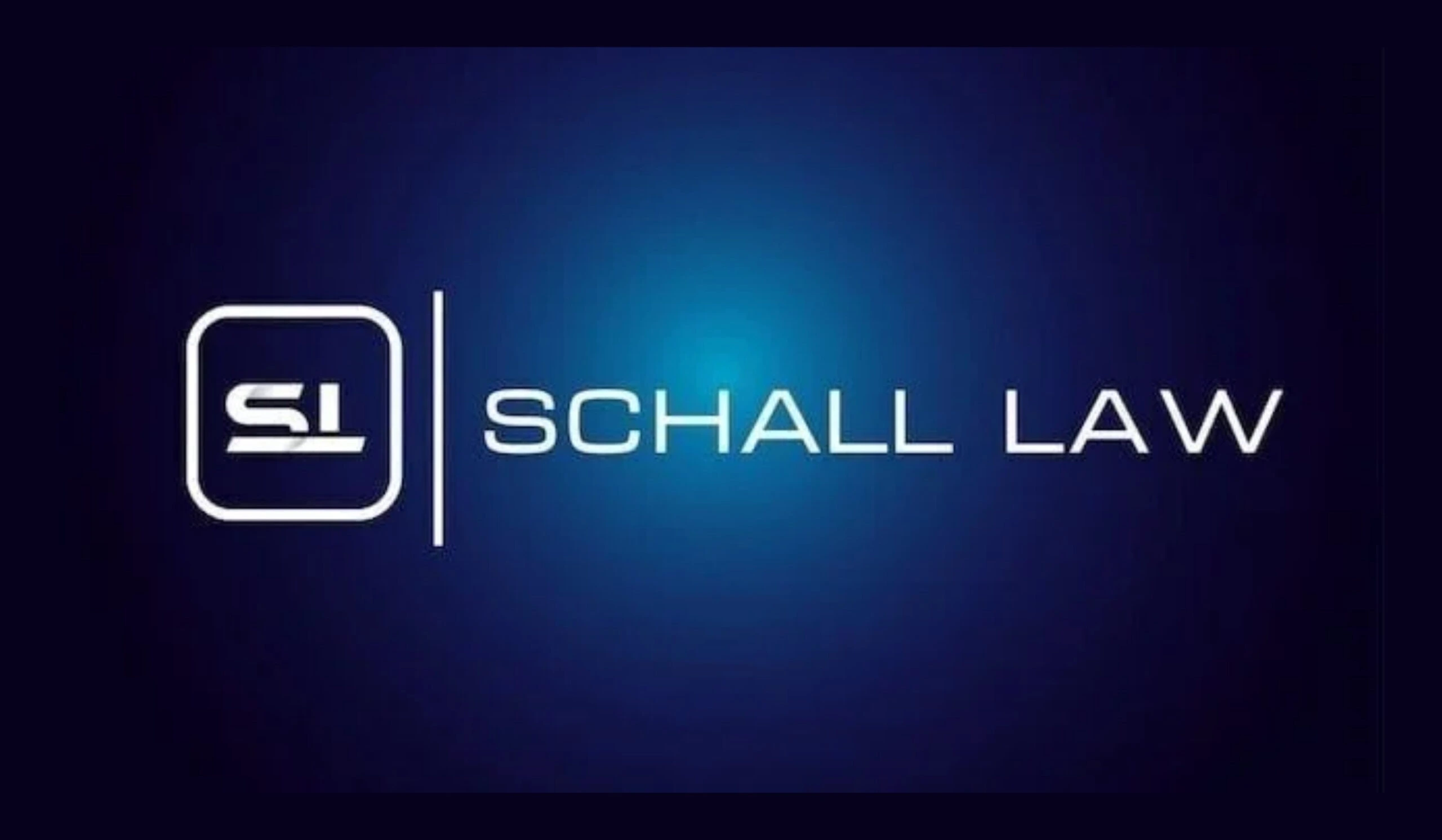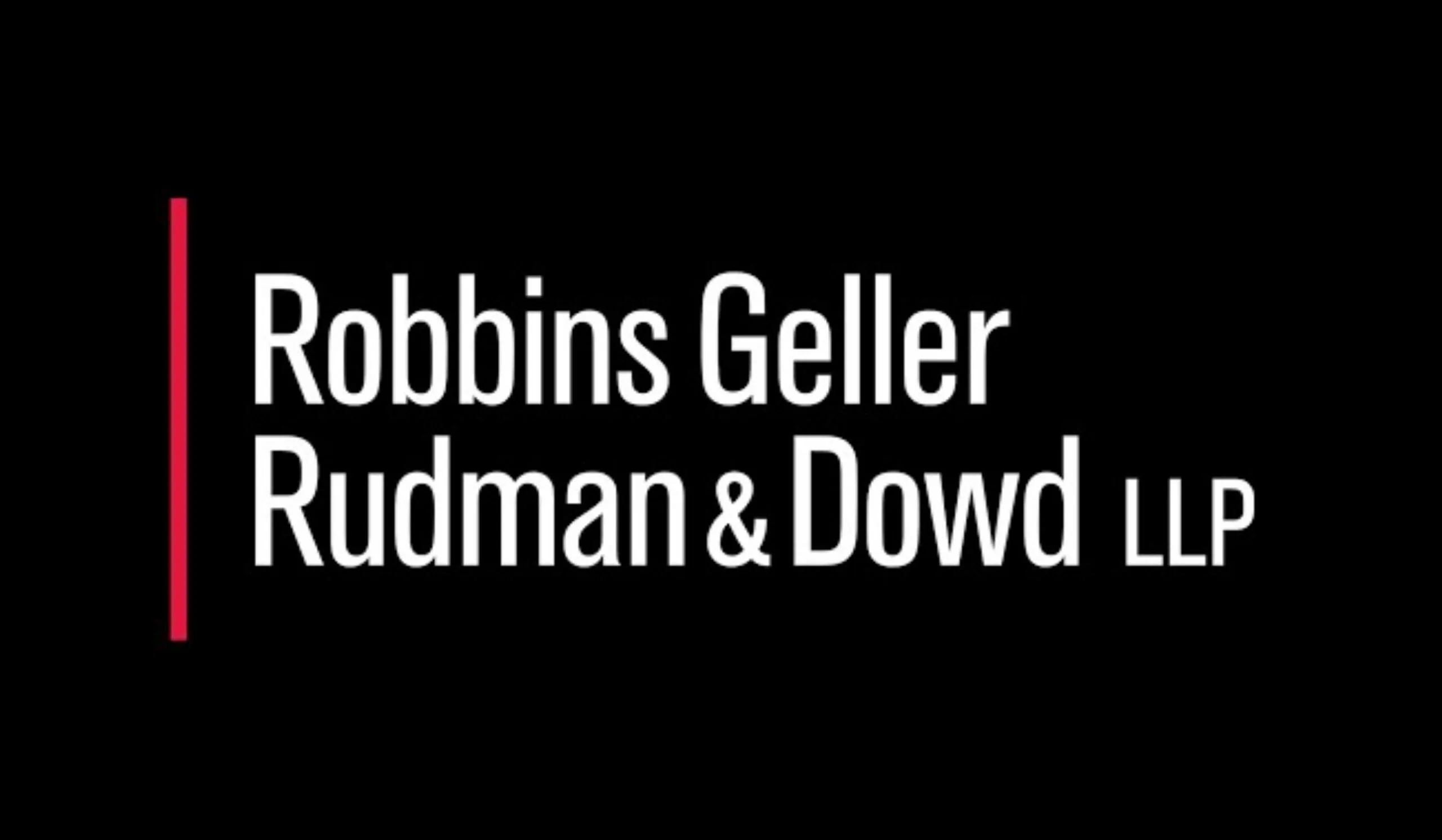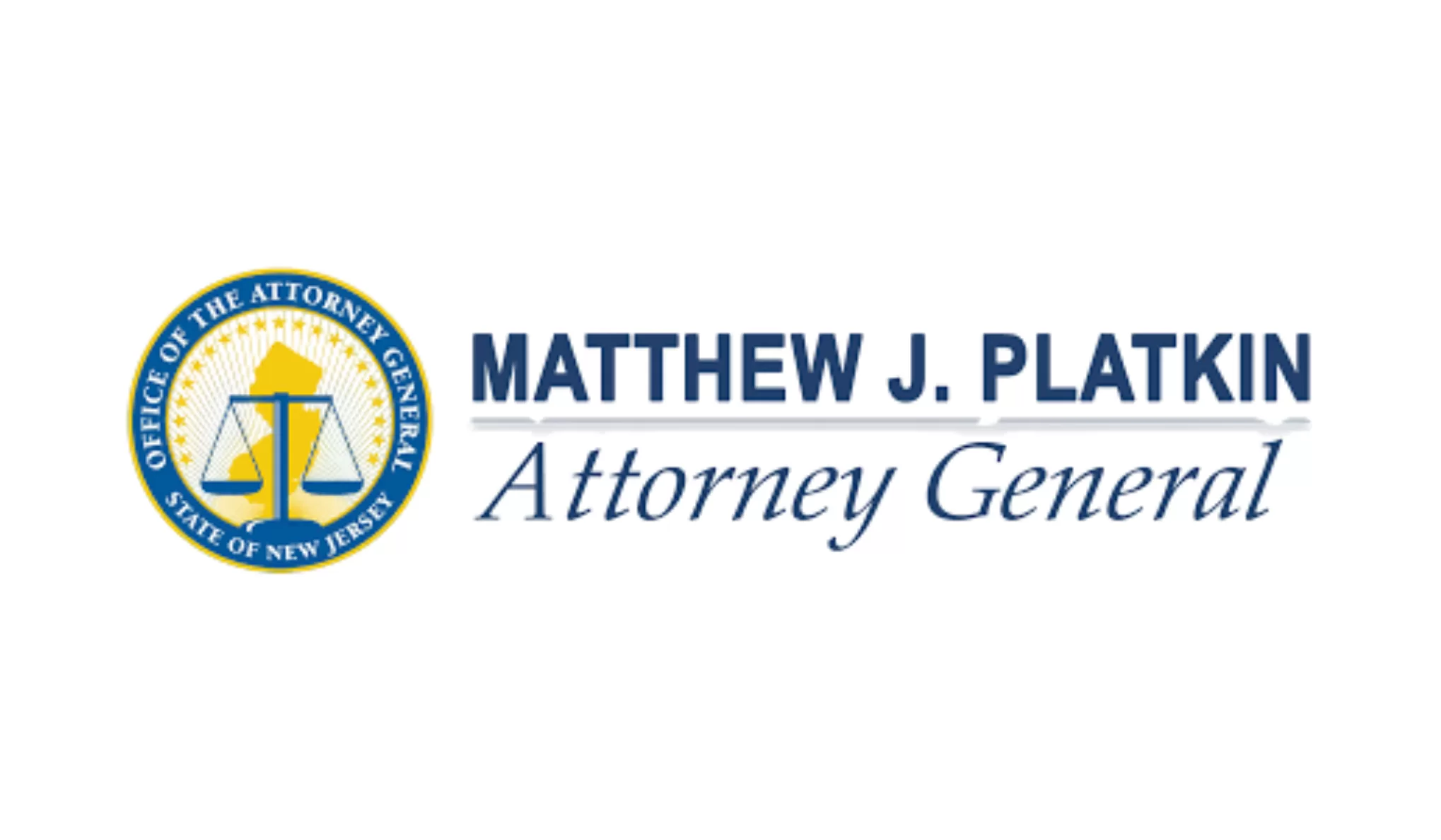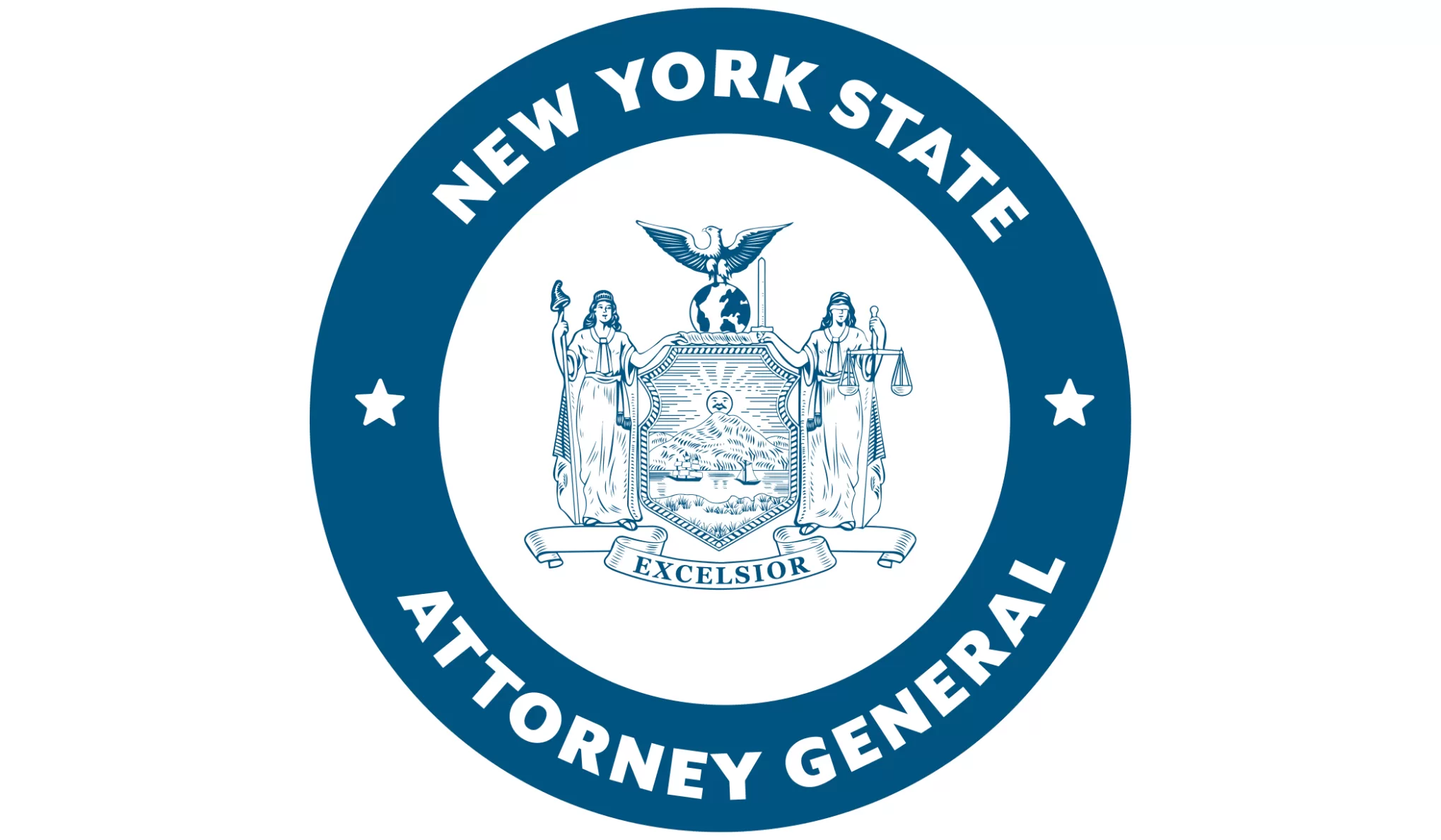San Francisco, CA – A settlement has been reached between Maurice Caldwell and the City of San Francisco for $2.5 million. Caldwell sued the San Francisco Police Department and a retired SFPD commander more than eight years ago for their part in his 1991 wrongful murder conviction. Caldwell spent more than 20 years in prison for a murder he maintained he was innocent of, and another man eventually confessed to committing.

Maurcie Caldwell was 23 years old when his life changed forever. On June 30, 1990, Judy Acosta was shot to death in a San Francisco housing project where Caldwell was a resident. Caldwell found himself the focus of police and was later identified by a witness, Mary Cobb, who initially told police “she did not know the names of the gunmen and that neither of them lived in the area.” Later, Cobb changed her story and identified Caldwell as one of the gunmen. She also told police that she saw him standing under a light pole.
Even though there was no physical evidence connecting Caldwell to the murder, he was convicted by a jury in 1991 based solely on the testimony of Mary Cobb. He was sentenced to life in prison without parole. It was reported that Cobb’s decision to work with prosecutors was hailed by then- San Francisco Mayor Art Agnos as courageous and heroic for defying alleged gang threats against testifying. Cobb was given a key to the city of San Francisco as well as a trip to Disney World. She was also relocated, given a new job and $1,000.”
Caldwell wrote to the Northern California Innocence Project (NCIP) at Santa Clara University School of Law which took interest in his case. After an investigation, the Innocence Project established that it was impossible for Ms. Cobb to see anyone standing under a light pole from her apartment. Furthermore, two eyewitnesses were found who identified who the gunmen were. One of the gunmen, Marritte Funches, was was located in prison in Las Vegas. Funches was serving a life prison sentence for another murder, committed after Acosta was killed. Funches gave a sworn statement admitting that he committed the crime. He stated that Caldwell was not involved.
But that wasn’t enough for prosecutors to vacate the conviction. While the NCIP worked through the court to obtain Maurice Caldwell’s freedom, prosecutors offered him a deal—plead guilty to voluntary manslaughter, attempted murder and shooting into an occupied vehicle and be released immediately with credit for time served. Maurice Caldwell declined.
In December of 2010, San Francisco Superior Court Judge Charles Haines granted a motion for a new trial brought by the NCIP. The judge ruled that “Caldwell’s attorney was constitutionally ineffective for failing to investigate Caldwell’s innocence and that had he done his job properly, there was a reasonable probability that the jury would have acquitted Caldwell.”
Prosecutors stated they would seek to retry Caldwell. However, Judge Haines ruled that Caldwell would not get a fair trial the second time around for two reasons. First, Mary Cobb died in 1998 and the exhibits related to her testimony were destroyed. Without the exhibits or an opportunity to question Cobb, there could be no fair trial. The San Francisco District Attorney dismissed the case on March 28, 2011 and Caldwell was released.
In 2012, Caldwell filed a federal wrongful conviction lawsuit. The lawsuit was dismissed in 2016 and reinstated in May 2018 by the Ninth Circuit U.S. Court of Appeals. It was then settled, with the San Francisco Board of Supervisors paying Caldwell $2.5 million in 2021. Caldwell also filed a claim for compensation from the State of California, which the state denied in 2019.

